David, a would-be commenter, wisely copied and saved a comment which was apparently blocked by my spam filter.
(This blog attracts thousands of spam comments, so my filter settings are strict. If you leave a comment, and it doesn’t appear, please don’t hesitate to e-mail me at frjohncorrigan@gmail.com.)
Anyway, David e-mailed me his comment, which I reproduce here. It gives further insight into Thomas Merton, and provides additional reading — something to alternate with the Matthew Reilly or Tom Clancy or similar airport novels which so recommend themselves on sunny summer days!
Father, I commend you for writing about Thomas Merton (Fr Louis). He has been praised (and castigated) by many people in those 45 years, but your generous appraisal of his (and all our) sinfulness is humbling. Thank you for that.
His falling in love with a nurse, though, was more than simply ‘at one point’ in his life, as you suggest, but, tellingly, came close to the end of his life when he had been a professed monk (and priest) for many years and was already well established in his hermitage at Gethsemani. His later diaries record his love for ‘M’, but also his anguish, and he is very open about the lengths to which he tried to see her; making ‘illicit’ phone calls from the Porter’s Lodge and meeting her in the more remote grounds of the Abbey near his hermitage. His openness about it all is extremely moving and humbling – very much in the tradition, as you say, of St Augustine’s Confessions.
One priest I knew once, simply, and sadly very caustically, dismissed Merton to me as ‘a fraud’, probably without ever having read anything by him. How wrong he was.
Merton was very much a man seeking to work out his vocation as a monk, which he never lost or gave up on, despite his anxieties about its realisations at times. His middle and later years at Gethsemani were very much about his seeking a form of monastic life and practice that would grow and develop (and not be restrictively elitist) for contemporary men and society.
A most telling statistic is that in his time, I think as Novice Master (though it may have been his whole time there) he counted up to 2,000 men who had sought entrance and had not followed through with the life he and his fellow monks were striving to live. He genuinely believed in the enormous validity of a monastic vocation, but increasingly sought to make it more aware of, and more relevant to, contemporary society and the sort of aspirant to that life those ‘unsuccessful’ 2,000 men represented.
I realise that most who come to read Merton for the first time tend to do so from his first major published work, The Seven Storey Mountain (edited and abridged in England by Evelyn Waugh as Elected Silence), and written in the first flush of his enthusiasms for monastic life at Gethsemani as it was in the 1940s. But my recommendation would be to read one of his much later works to see how the journey he was aspiring to in that first book actually developed before he was so tragically electrocuted. Contemplation in a World of Action, is a collection of some of his most reflective writings on the monastic life in the 2 or 3 years before his death, and easily available second-hand. I recommend it very highly.

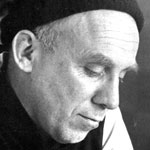
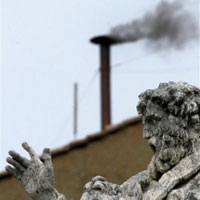
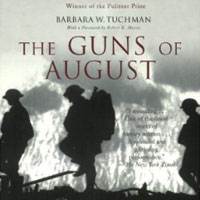
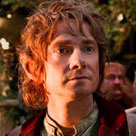
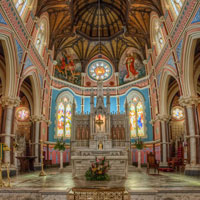
Hi Fr John, Thomas Mertons other popular book was Elected Silence, very popular in the early 70’s, worth a read… There have been a lot of rumours surrounding the death of Merton, most popular is that he committed suicide, however more likely is the compelling truth that he was murdered, (officially they say he was electrocuted whilst stepping out of a shower) I doubt in the foreseeable future there will be much interested in the life Merton yearned for will taking up by todays generation.
Today is Merton’s 99th birthday.I was 27 when I first met him in 1957. I’ve never forgotten that.
Merton was able to express how he was tormented by the storms ensuing from the possession of the world by the spirit of Eros. I believe he died accidentally from electrocution but that perhaps it was permitted by Providence to prevent him from becoming further entangled in the spiritual level of Eros, the Eastern religions.